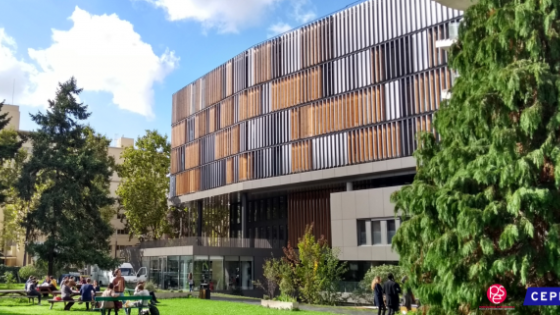DP18361 Immigration and the Short- and Long-Term Impact of Improved Prenatal Conditions
This paper investigates the effects of immigration from a developing country to a developed country during pregnancy on offspring outcomes. We focus on intermediate and long-term outcomes, using quasi-experimental variation created by the immigration of Ethiopian Jews to Israel in May 1991. Individuals conceived before immigration experienced dramatic changes in their environmental conditions at different stages of prenatal development depending on their gestational age at migration. We find that females whose mothers immigrated at an earlier gestational age perform better in high school and higher post-secondary schooling. They also tend to work more as adults. In contrast, we do not find any effect among males.


